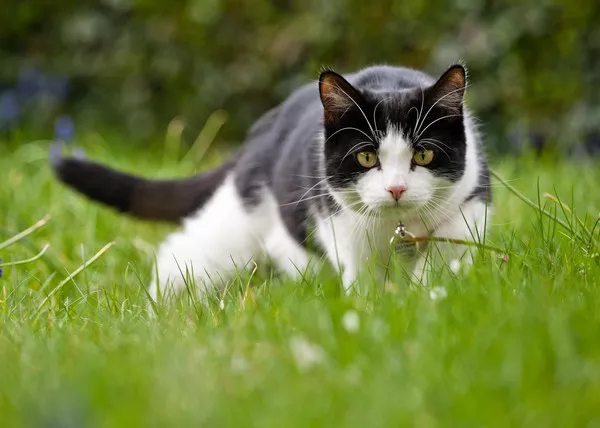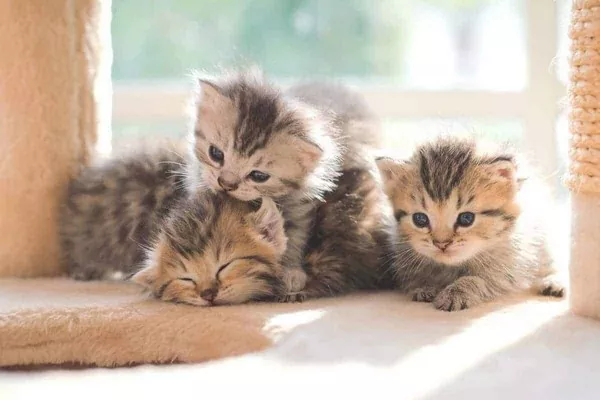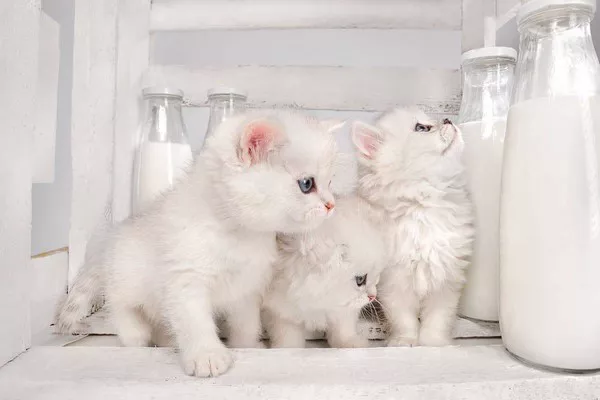The British Shorthair, known for its distinctive appearance and charming demeanor, is a popular choice among cat lovers. However, one common concern for potential owners is whether this breed can be left alone without compromising their well-being. In this article, we will explore the unique characteristics of the British Shorthair and assess their ability to thrive in solitude.
Understanding the British Shorthair
The British Shorthair is a breed renowned for its robust build, round face, and dense, plush coat. Originally bred for their hunting prowess, these cats have evolved into affectionate companions. Despite their friendly nature, British Shorthairs are also known for their independent streak, which prompts the question: can they be left alone without becoming anxious or distressed?
The Independent Nature of British Shorthairs
One notable trait of the British Shorthair is their self-sufficiency. Unlike some more attention-demanding breeds, British Shorthairs are generally content to entertain themselves. This independence stems from their historical role as working cats, where they often had to navigate their surroundings without constant human interaction. Consequently, British Shorthairs are adaptable to periods of solitude.
Adapting to a Solo Lifestyle
British Shorthairs are known for their ability to adapt to various living situations. Whether you live in a bustling city or a quiet suburban neighborhood, these cats can acclimate to the environment around them. Their laid-back demeanor and self-reliant nature make them well-suited for owners who may have busy schedules and cannot be at home all the time.
Providing the Right Environment
While British Shorthairs can handle being left alone, it’s crucial to create an environment that caters to their needs. This includes providing stimulating toys, comfortable resting spots, and access to food and water. Enriching their surroundings ensures that they stay mentally and physically engaged, reducing the likelihood of boredom-related behaviors when left alone.
Socialization Needs of British Shorthairs
Despite their independent nature, British Shorthairs still crave social interaction. While they may not demand constant attention like some breeds, they appreciate spending quality time with their owners. Incorporating playtime and bonding sessions into your routine helps strengthen the bond between you and your British Shorthair, making their solo periods more manageable.
Introducing Companionship Options
If you’re concerned about leaving your British Shorthair alone for extended periods, consider introducing a feline companion. British Shorthairs generally get along well with other cats, and having a playmate can alleviate loneliness. However, it’s crucial to ensure that both cats have compatible personalities and gradually introduce them to each other.
Training for Independence
Training plays a pivotal role in fostering the independence of British Shorthairs. By gradually increasing the time they spend alone and rewarding positive behavior, you can help them become more accustomed to solitude. This training approach, when started from a young age, can instill a sense of confidence in British Shorthairs, making them less reliant on constant human presence.
Monitoring for Signs of Distress
While British Shorthairs are known for their ability to handle alone time, it’s essential to monitor them for signs of distress. Excessive vocalization, destructive behavior, or changes in eating habits could indicate that your cat is struggling with solitude. If such signs persist, it may be necessary to reassess the amount of time your British Shorthair spends alone and make adjustments accordingly.
Consulting with a Veterinarian
If you’re unsure about leaving your British Shorthair alone or if you notice any concerning behavior, consulting with a veterinarian is crucial. They can provide guidance on your cat’s specific needs and offer recommendations to ensure their well-being. A veterinarian can also rule out any underlying health issues that may be contributing to behavioral changes.
Conclusion
In conclusion, the British Shorthair’s independent nature makes them well-suited for owners with busy lifestyles. With the right environment, training, and consideration for their social needs, British Shorthairs can thrive when left alone. However, it’s essential to stay attuned to their behavior, make adjustments as needed, and prioritize their well-being to ensure a happy and healthy life for these charming feline companions.
Related Topics:
How to reduce hair loss in British shorthair cats?
How to choose british shorthair kitten?
How to breed british shorthair cats?


























